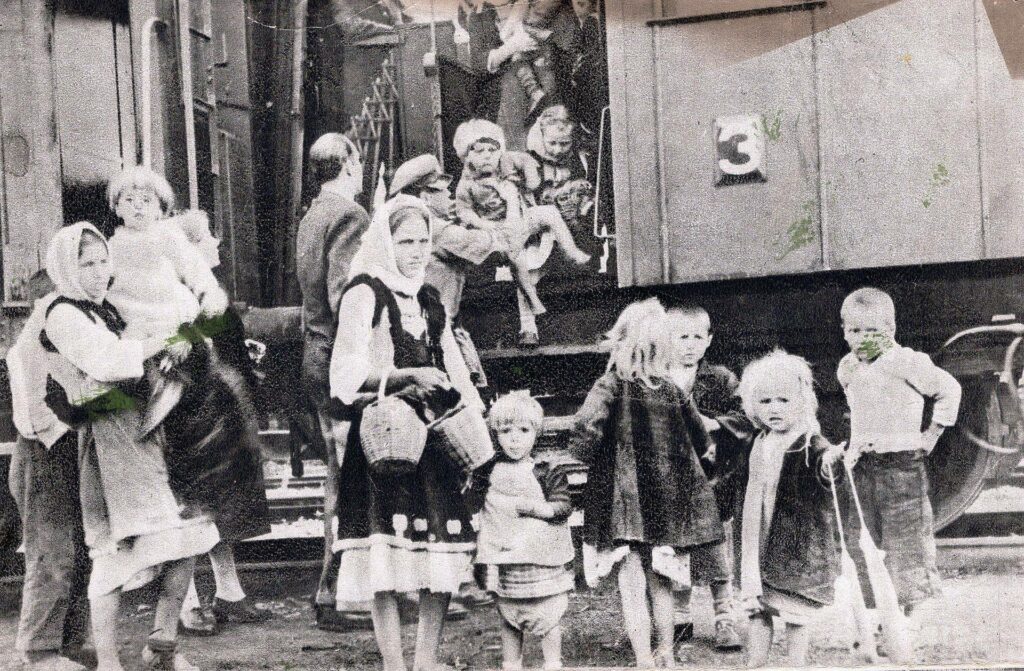The end of the Second World War—marking a decisive conclusion to the defining conflict of the 20th century—did not bring about global peace and the end of tragedy; moreover, the Greek Civil War. The civil war spanned from 1944-1948 and carried a wave of Macedonian child refugees out of Northern Greece (Aegean Macedonia). In 1947, those who fought against the Greek government in the civil war were deprived of their Greek citizenship and property, ultimately being denied reentry into the country. As a result, the Deca Begalci (the children refugees) faced incessant discrimination by the Greek government, culminating in 1982 when the Greek Parliament passed Bill 1540—legislation that granted amnesty and repatriation to all political refugees that left during the civil war. This legislation, however, does not apply to the children that left Greece and declared themselves as Greek citizens of Macedonian ethnicity. The Greek government’s goal was to repopulate the Aegean Macedonia land of Greece with ‘pure’ Greeks, prohibiting the Deca Begalci entrance. The United Macedonian Diaspora (UMD) believes that not only does this demonstrate a failure to adhere to fundamental, internationally guaranteed human rights; it displays both a basic neglect of human dignity and an unacceptable lack of human compassion. Despite being forced to leave and then grow up displaced from their home, family, and friends, there are many refugees that, to this day, have not been able to reconnect with their roots; and sadly, many more that never will.
Petro Shorev provides humbling insight into this agonizing reality. The Macedonian website, makedonija.info, interviewed Shorev, a 75 year-old man born in Voden, Greece. Currently living in Skopje, Macedonia, Shorev said to Human Rights Watch/Helsinki, “My heart is suffering. I am a wounded man. I don’t know if I will be alive next year to see [my parent’s] graves. I go to the border and ask to visit, but the guards won’t let me. I left in 1944. I never got a notice that the Greeks had taken away my citizenship. I became a Yugoslav citizen (now Macedonian) in 1957. I have property in Greece (Aegean Macedonia), in Voden. I can’t go to claim it, and I was never paid for it.” Refusing Shorev’s entry portrays Greece’s continued actions to deter ethnic Macedonians legitimate claim for fundamental human rights.
The exodus continues to hold relevance in the contemporary international community due to Greece’s enduring refusal to accept the refugees, despite the Macedonian government’s approval of their demands. According to “Osservatorio balcani e caucaso transeuropa,” the refugees stated, “We call upon the Greek government, in the name of historic justice and human rights as a universal value, to face the unsustainable policy of the past. We want to be able to return to our homeland and we want abolition of the discriminatory laws which deny our rights.” It is simply unacceptable that problems like this exist as distressing evidence of the uncompromising and tense relationship between Macedonia and Greece. Therefore, the bad blood between the two countries must end. Peace will allow both states to prosper and cooperate; however, a lasting solution is unachievable when one participant remains an unwilling partner.
By Cam Bosak and Haley Duncan, UMD International Policy and Diplomacy Fellows

